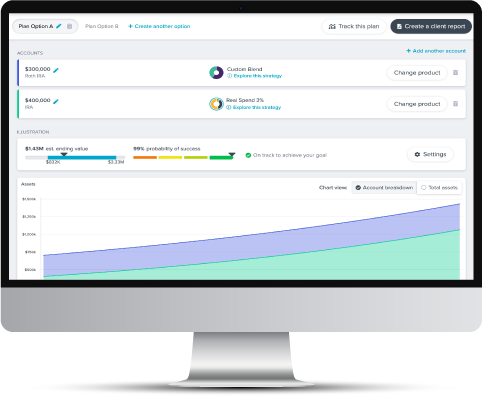- Services
How we help advisors guide clients through their life journeys
Intuitive technology that supports advisors
- Solutions
Horizon’s innovative investment framework
Outsourced CIO (OCIO) consulting solutions
Customizable actively managed single-stock portfolio
Intuitive, user-friendly planning software
Goals-based investing with Horizon Funds
- Insights
Our latest thoughts, in and on the media
Our regular look at the market’s most revealing number
Our in-depth thinking on goals-based investing
- Who We Are
What we do—and why we do it
What we do—and why we do it
Our culture and open positions
Meet our senior teamFind your contact at Horizon InvestmentsMeet our investment team
